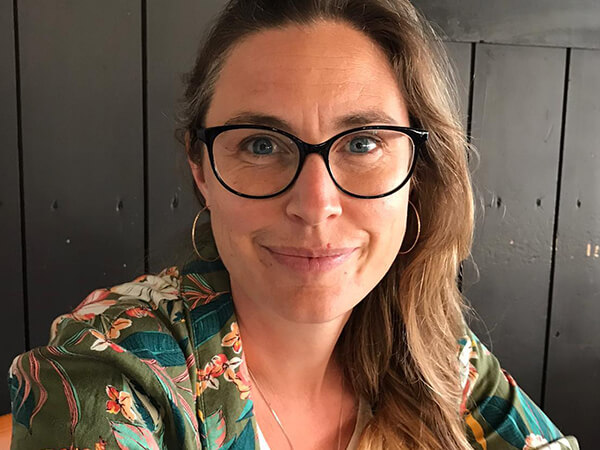 EARLY BIRD OFFER
EARLY BIRD OFFER This course is made up of 3 sessions, which must be attended in full.

According to the National Center for PTSD, about 6 of every 10 men (or 60%) and 5 of every 10 women (or 50%) experience at least one trauma in their lives. Some people may recover within a few months after the event, but for others, it may take years or may even begin long after the events occur. Coaching is not a therapeutic intervention to treat Trauma, but it can be a modality that best supports clients by being Trauma-Aware. A coach with an awareness of Trauma can aim to provide their clients a safe and inclusive space.
This starts with information: What is trauma? Where does it come from? How does it impact the brain, body and behaviour? For a coach, understanding these questions and working with awareness gives valuable insight into stress, burnout, self-limiting talk, and self-sabotaging behaviours.
New data and research acknowledge that as leading Trauma specialist Dr. Gabor Maté says "Trauma is not what happens to you. Trauma is what happens inside you due to what happens to you." This includes generational, community, historical experiences, and shock event Traumas. When talking about trauma, we are talking about dysregulation within the nervous system – trauma for some representing chronic stress as well as many other physical, mental, or behavioural challenges.
Using The Missouri Model: A Developmental Framework for Trauma-Informed Approaches as a guide and the 6 key SAMHSA principles: safety, trustworthiness & transparency, peer support, collaboration & mutuality, empowerment, voice, and choice and cultural, historical and gender issues. The first step for an individual to becoming Trauma-Informed is to become Trauma-Aware ie. “Have become aware of how prevalent trauma is and have begun to consider that it might impact their clientele and their staff”.[2]
One of the skills of being a coach is understanding scope of practice. What falls out of the coaching remit would be attempting to heal past wounds by doing trauma-specific processing. However, understanding trauma and how it impacts individuals’ neurobiology, mind-set, and behaviour in order to build rapport, contract and support them are important for any coach. Developing Trauma Awareness is a superpower both for you as a coach and for your clients.
In this CPD session, we will cover:
This session is part of our Continuing Professional Development (CPD) for Coaches Programme. This training is aimed towards those wishing to advance their coaching knowledge and therefore you will need to have previously engaged in foundational coach training.
About your trainer: Mandy is a highly respected coach, trainer and mentor. She is a certified professional life and recovery coach, a She Recovers ® designated coach, author and speaker. She specialises in mindset and recovery coaching, focusing on the impact of trauma and mental wellbeing.
Session One (2hrs)
Session Two (2hrs)
Session Three (2hrs)